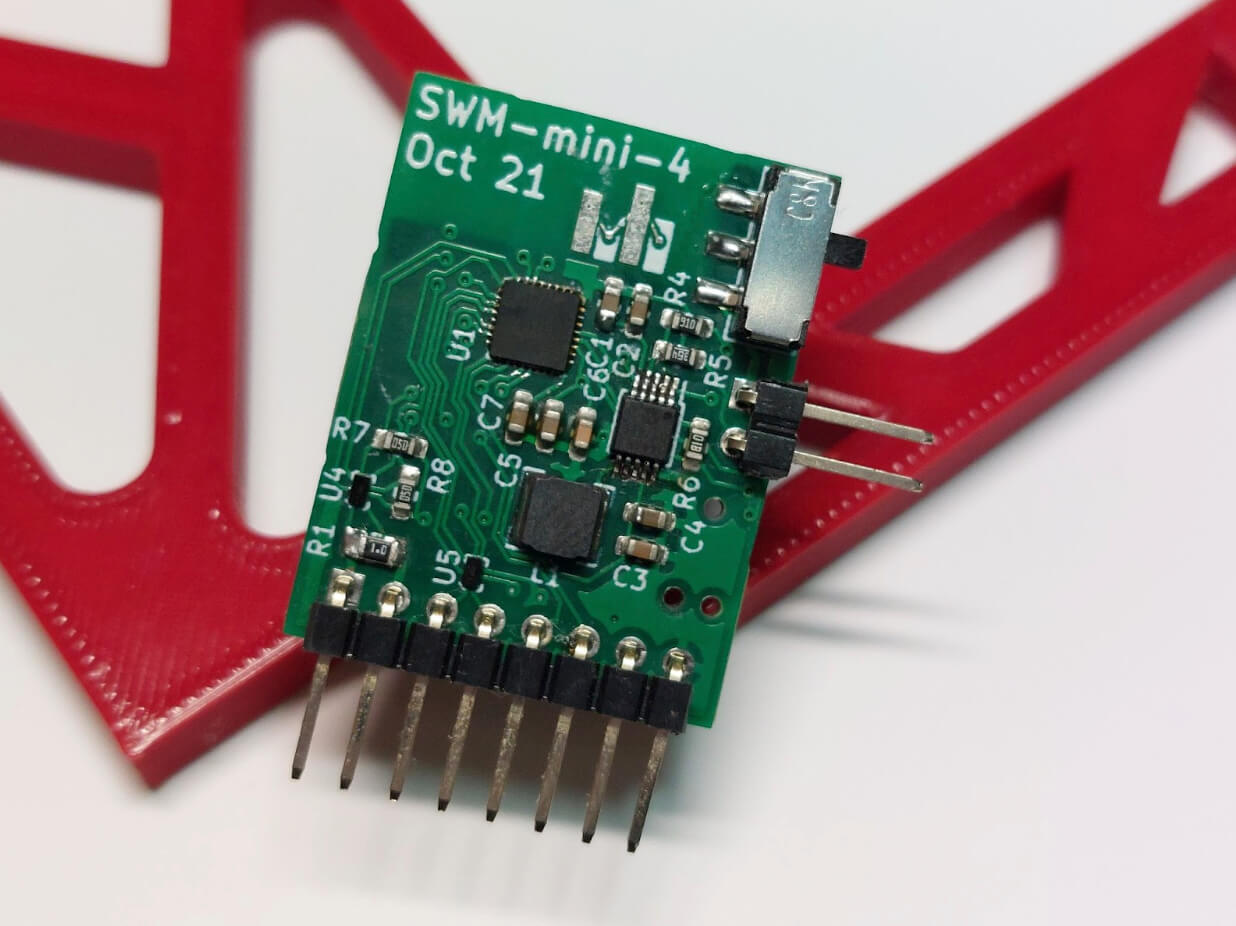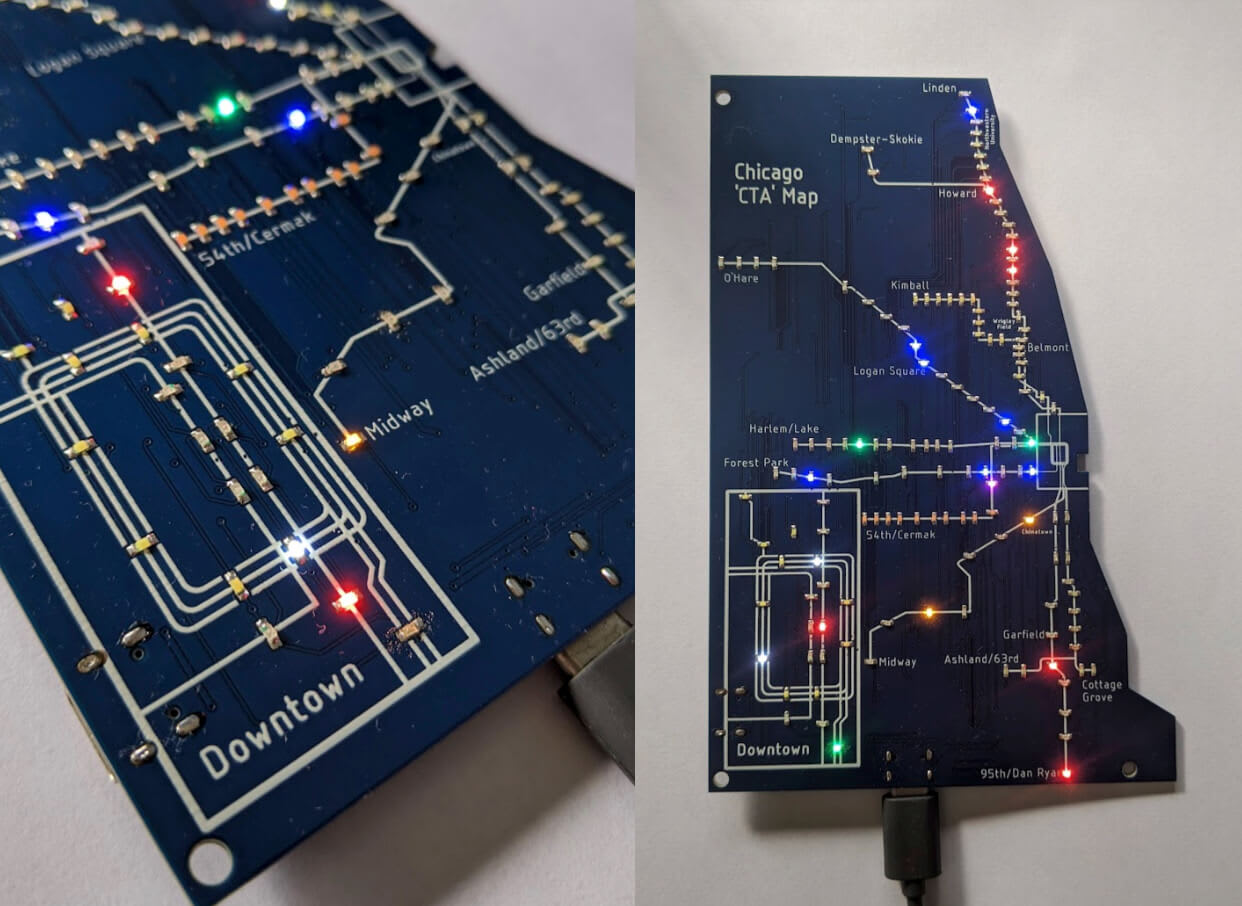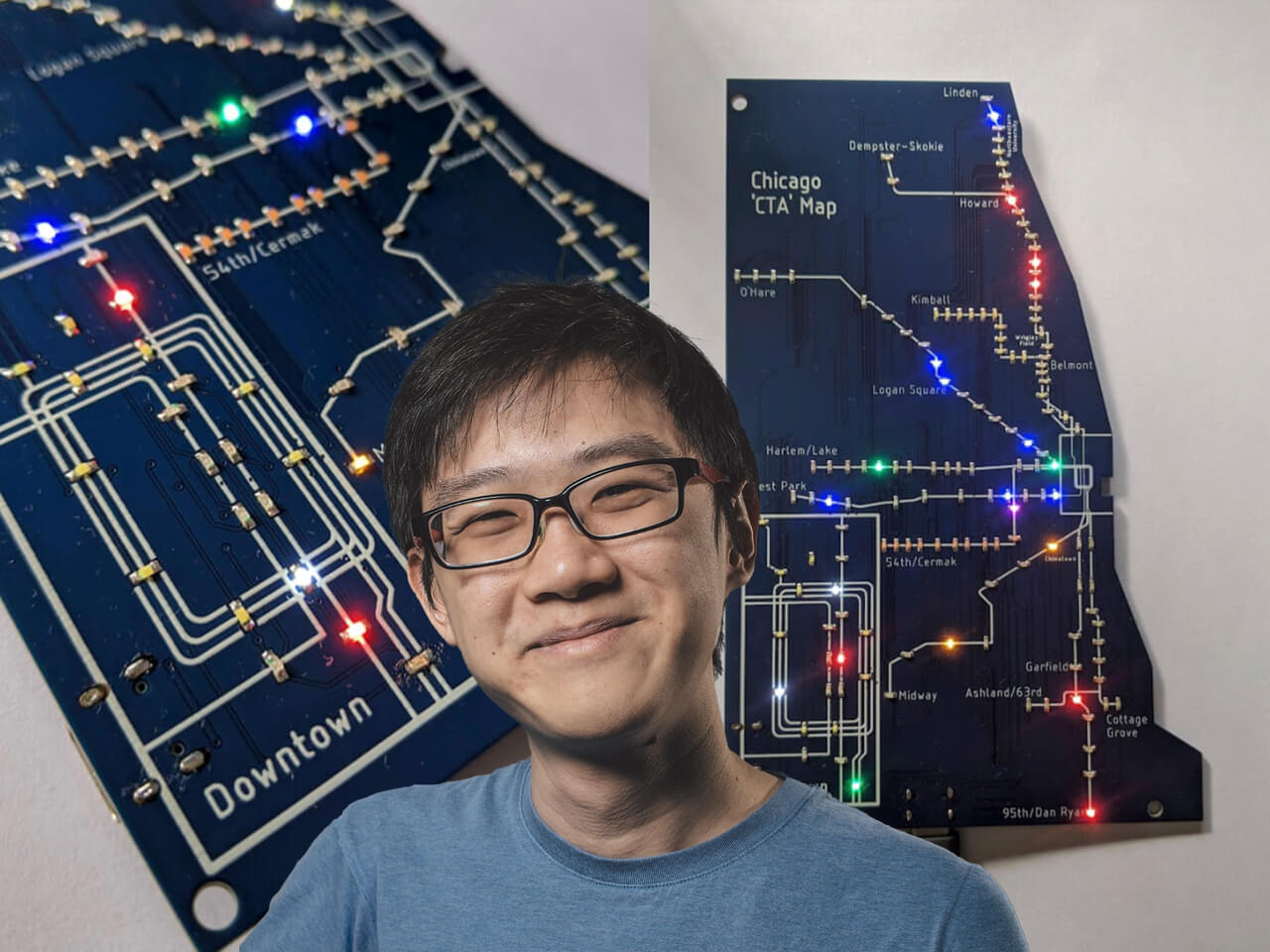Blues Amplifiers are community experts who provide guidance, create engaging resources, and lead by example in the Wireless IoT. "Behind the Amplifier" is a new series where we highlight each of our awesome contributors, showcasing what they are working on, and sharing their thoughts on the IoT.
Today, we are excited to introduce you to Ben Lim, a Mechanical Engineer by training but an embedded engineer by interest. Let's delve into his story and discover what motivates him.
The Interview
Getting to Know: Ben Lim
Christina: Ben, could you please introduce yourself briefly?
Ben: Certainly. I'm an electronics and embedded devices enthusiast. I started out by making small electronics projects with the parts that I could get from my local RadioShack (when they were still around) and gradually expanded to designing and building my own PCBs. I'm primarily interested in low power IoT devices that are deployed in the field. I find that this area best captures the essence and potential of IoT today.
Christina: That's great. Now, what sparked your involvement with Blues in the IoT community?
Ben: When I started to think about the direction that my projects were taking me - in particular during the time which I was building my soil sensor project, I realized that in addition to solar power, I needed cellular data to make my project truly 'grid-free,' independent of grid power or data. This is also dictated by necessity because for my projects, I may not own the infrastructure nearby, or there may not even be the necessary outlets to install devices like routers, and after a long research and tinkering with a few options, I came to the conclusion that Blues was the most suitable product for my projects. Blues not only takes away the headache of deploying cellular code, but also provides incredibly useful interfaces in C and CircuitPython to get my projects up and running quickly. I can simply drop in a Blues module as a data connection solution, and focus my efforts on the project implementation.
Passion for IoT: A Love for Challenges
Christina: It's clear you're enthusiastic about IoT. What drives your passion for IoT technology?
Ben: On the technical front, I love small embedded devices. Working within the constraints of power, size, and costs is a challenge I embrace with every project. You can literally trace how my electronics have gotten smaller with each new project that I put out. From a broader perspective, I feel that IoT is special because I see IoT as the bridge between the physical and cyber world. IoT holds massive potential especially in today's context where we first had Data Science and Big Data becoming mainstream and the emergence of AI and ML tools to help make sense of all this data that's flowing in. IoT is not new, but the tools to churn and consume that data to produce actionable insights has never been more accessible to everyone. Being able to see clear trends and diagnose problems in the physical world through IoT backed by ML technologies feels like a superpower and to me, that is really exciting.
Example Projects from Ben
Simple Wireless Measurement - This device works as a mini multimeter that connects via an App over bluetooth to report analog and digital data. I used it as a debugging tool where bringing a multimeter is not practical or when I need to measure the values over a long period of time. It is designed to draw as little power as possible to maximise field deployment time.

Chicago CTA PCB board - This is a more whimsical project that uses the train arrivals from Chicago's CTA API to light up the corresponding LEDs of each station. This took a long time to build by hand, but it is quite pretty to watch. I studied in Northwestern, so I spent a bit of time in Chicago.

Community Engagement: Sharing Wisdom
Christina: That's a fascinating perspective. Could you describe your engagement with the IoT community and how you share your knowledge and insights?
Ben: I mostly engage the community by sharing my projects and teardowns through my website and blog to document and share what I learned to the wider community. I also like to share my experiences on social media and help others in person. I especially like to help folks who are new to the IoT space, because I can give advice that I would have very much liked myself when I was starting out. I like to hang out at Makerspaces where I can find them, because I find a lot of inspiring, like-minded people who I can share ideas and maybe even collaborate with!
Future Goals: A Shift Towards IoT Security
Christina: It's commendable that you're giving back to the community. What are your future goals and aspirations within the IoT space?
Ben: Having done development for embedded and IoT devices for many years, currently my interests have shifted a little from pure development to looking at the security aspects of IoT. I think that's one often overlooked part of embedded devices in particular, and where my experiences in development can help to inform security. It's a bit different, because you are looking at other people's code, but knowing how I would approach it as a developer definitely helps when I'm trying to find bugs to improve the security of the device. Building secure devices is not easy because as a defender you'll need to think of anything, and sometimes all it takes is for one mistake for a device to become compromised.
Back when I was looking at connectivity modules, having a device like Blues that secures your data all the way to the cloud as a drop in module stood out to me. Not everyone will want that, depending on their use cases and their need to own the data, but I would wager that for less data sensitive applications, groups that don't have the expertise or less time to dedicate to security would find it quite attractive.
Community Interaction: Connecting with Wisdom
Christina: That's a valuable perspective. How can readers connect with you and learn from your expertise?
Ben: They can always join the Blues community! In addition to that, there is always my blog where I post projects that I am working on.
Conclusion
Christina: Thank you, Ben, for sharing your insights. We look forward to seeing your continued contributions to the IoT community.
Are you a passionate and helpful developer who is eager to share your knowledge of Blues? Apply here to become an Amplifier!


